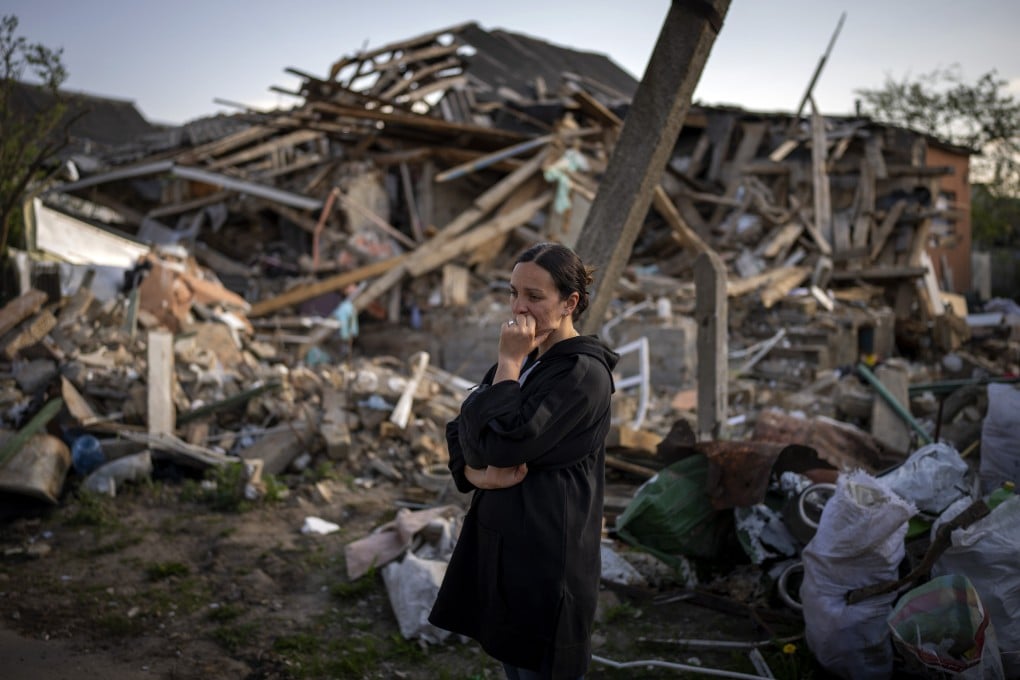Advertisement
Opinion | How Russia learned from the West’s actions in Iraq, Kosovo, Guantanamo Bay and Palestine
- Legal solidarity with Ukraine is certainly right but it raises troubling questions about Western double standards, and how this undermines the rules-based international order the West says it champions
Reading Time:3 minutes
Why you can trust SCMP
25

The response to Russia’s invasion of Ukraine is a textbook example of how international law should be enforced against violators: weapons for Ukraine. Tough sanctions on Russia. Corporate boycotts and divestment. War crimes and human rights investigations. Resounding condemnation by the United Nations General Assembly.
There are gaps, to be sure. The Security Council is paralysed by the Russian veto. Important countries, including China, India and South Africa, have refused to impose sanctions. Within realpolitik constraints, the world’s response is still far better than expected.
Legal solidarity with Ukraine is certainly right. Yet, it raises troubling questions about Western double standards, and how this undermines the rules-based international order the West says it champions.
Advertisement
The invasion of Iraq in 2003 was illegal, but George W. Bush, Tony Blair and John Howard, then the leaders of the US, the UK and Australia respectively, are feted as elder statesmen and, like Putin, are not in prison. Impunity also followed Nato’s humanitarian but manifestly illegal intervention in Kosovo in 1999.
In the “war on terror”, the US was a serial violator of international law, abducting, torturing, indefinitely detaining, unfairly trying, and even murdering terror suspects. Serious accountability is nowhere to be seen.
Advertisement
US, British and Australian war crimes against civilians in Afghanistan and Iraq have also largely gone unpunished. The US and UK still sell weapons to Saudi Arabia, which uses them to commit rampant war crimes in Yemen.
Advertisement
Select Voice
Select Speed
1.00x
